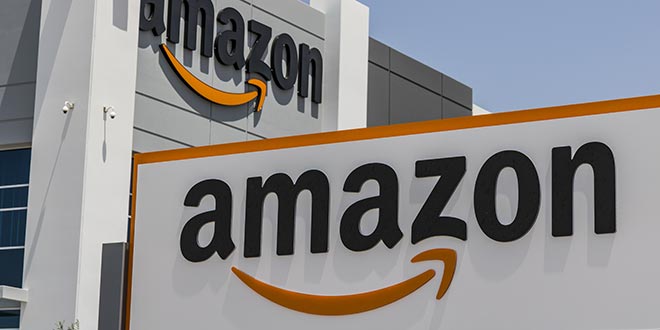The Federal Trade Commission (FTC) and 17 state attorneys general today sued Amazon.com, Inc. alleging that the online retail and technology company is a monopolist that uses interlocking anticompetitive and unfair strategies to illegally maintain its monopoly power. The FTC and its state partners say Amazon’s actions allow it to stop rivals and sellers from lowering prices, degrade quality for shoppers, overcharge sellers, stifle innovation and prevent rivals from fairly competing against Amazon.
The complaint alleges that Amazon violates the law not because it is big, but because it engages in a course of exclusionary conduct that prevents current competitors from growing and new competitors from emerging. By stifling competition on price, product selection and quality, and by preventing its current or future rivals from attracting a critical mass of shoppers and sellers, Amazon ensures that no current or future rival can threaten its dominance. Amazon’s far-reaching schemes impact hundreds of billions of dollars in retail sales every year, touch hundreds of thousands of products sold by businesses big and small and affect over a hundred million shoppers.
“Our complaint lays out how Amazon has used a set of punitive and coercive tactics to unlawfully maintain its monopolies,” says FTC chair Lina M. Khan. “The complaint sets forth detailed allegations noting how Amazon is now exploiting its monopoly power to enrich itself while raising prices and degrading service for the tens of millions of American families who shop on its platform and the hundreds of thousands of businesses that rely on Amazon to reach them. Today’s lawsuit seeks to hold Amazon to account for these monopolistic practices and restore the lost promise of free and fair competition.”
“We’re bringing this case because Amazon’s illegal conduct has stifled competition across a huge swath of the online economy. Amazon is a monopolist that uses its power to hike prices on American shoppers and charge sky-high fees on hundreds of thousands of online sellers,” said John Newman, deputy director of the FTC’s Bureau of Competition. “Seldom in the history of U.S. antitrust law has one case had the potential to do so much good for so many people.”
The Institute for Local Self-Reliance (ISLR), an organization focused on the interests of small business, released this explainer of the lawsuit to offer more context for independent retailers. In a statement, ILSR lauded the FTC for its actions.
“Today’s action to break Amazon’s monopoly control over online commerce is great news for Americans. For too long Amazon has been allowed to maintain a stranglehold on the online market. It’s used its power to thwart competition, bleed small businesses dry, exploit workers and take advantage of consumers,” says ILSR co-director Stacy Mitchell. “At the Institute for Local Self-Reliance, we’ve long warned of the threat Amazon’s monopoly poses. Today, we applaud the FTC and its dedicated and valiant staff for taking action to end Amazon’s monopolization.”
Retailers also weighed in on the gravity of the FTC’s action.
“Concentrated market power is the single biggest threat facing small, independent businesses,” says Gina Schaefer, founder and former CEO of A Few Cool Hardware Stores that has 13 locations in the D.C. area. “I am glad to see the FTC take action so the playing field can be leveled and small businesses can get the legislative support we deserve.”
In its suit, the FTC and states allege Amazon’s anticompetitive conduct occurs in two markets—the online superstore market that serves shoppers and the market for online marketplace services purchased by sellers.
In addition, the FTC alleges that Amazon’s conduct eliminates competition.
“Amazon’s illegal, exclusionary conduct makes it impossible for competitors to gain a foothold. With its amassed power across both the online superstore market and online marketplace services market, Amazon extracts enormous monopoly rents from everyone within its reach,” the FTC press release states.
The FTC, along with its state partners, are seeking a permanent injunction in federal court that would prohibit Amazon from engaging in its unlawful conduct and pry loose Amazon’s monopolistic control to restore competition.
Connecticut, Delaware, Maine, Maryland, Massachusetts, Michigan, Minnesota, New Jersey, New Hampshire, New Mexico, Nevada, New York, Oklahoma, Oregon, Pennsylvania, Rhode Island and Wisconsin joined the Commission’s lawsuit.
 Hardware Retailing The Industry's Source for Insights and Information
Hardware Retailing The Industry's Source for Insights and Information








